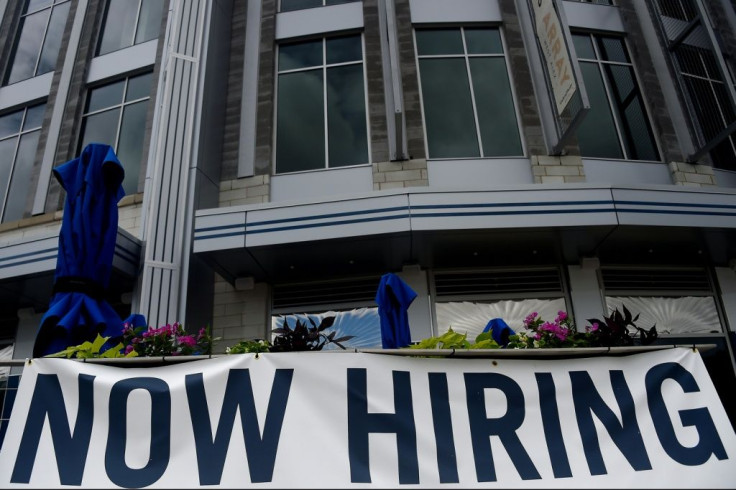New US Weekly Jobless Claims Fall To 751,000
New applications for US jobless benefits fell for a second straight week last week, the Labor Department said on Thursday, as the world's largest economy continues to recover from the coronavirus downturn.
The better-than-expected 751,000 new seasonally adjusted claims filed in the week ended October 24 were 40,000 below the previous week's upwardly revised result and the lowest since business shutdowns sent claims spiking in March, indicating renewed downward momentum in the unemployment indicator.
However, the figure was still above the worst single week of claims seen during the 2008-2010 global financial crisis, and the data said another 359,667 people, not seasonally adjusted, filed new claims under a special program passed during the pandemic to aid those not normally eligible.
Nancy Vanden Houten of Oxford Economics said there were some positive signs in the data, including a half-percentage point fall in the insured unemployment rate -- which measures people actually receiving benefits -- to 5.3 percent as of October 17.
However, she warned that more and more people were receiving aid from the Pandemic Emergency Unemployment Compensation program intended for people facing extended joblessness, which is "evidence of more lasting scarring in the labor market."

The number of people receiving aid under that program climbed to nearly 3.7 million in the week ended October 10, the latest for which data is available, while a total of around 22.7 million people were receiving aid under all programs as of that same week.
The report comes as Washington policymakers have apparently thrown in the towel on passing a new stimulus package to aid the US economic recovery ahead of the November 3 election.
They negotiated for months but were unable to reach a deal that could restore expanded aid programs for the unemployed and small businesses which where enacted in March and expired over the summer.
Policymakers have said talks could resume after President Donald Trump faces off in the polls against his challenger Joe Biden, but Vanden Houten considered that unlikely.
"The resurgence in Covid-19 infections and failure to pass additional fiscal relief pose considerable downside risk to the economy. Prospects for a deal in the lame-duck session are highly uncertain," she said.
© Copyright AFP {{Year}}. All rights reserved.




















